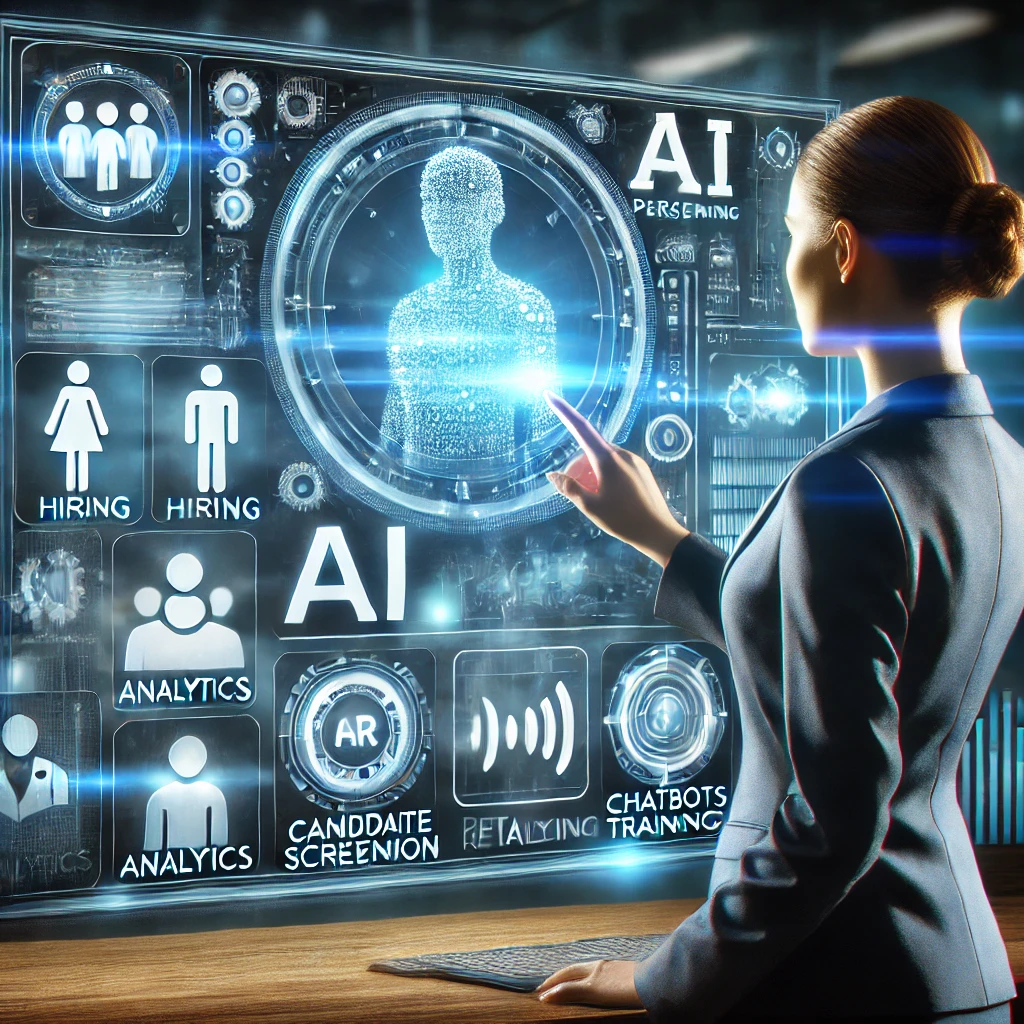Artificial intelligence is set to play an increasingly significant role in human resources (HR) by 2025, revolutionizing everything from hiring processes to employee experiences. According to Ben Eubanks, chief research officer at Lighthouse Research & Advisory and author of Artificial Intelligence for HR, companies adopting AI tools will gain a competitive edge while enhancing efficiency and employee satisfaction.
Key Areas Where AI is Impacting HR
- Smarter Hiring Processes
- AI tools streamline recruitment by sifting through large volumes of applications with unprecedented speed and accuracy.
- AI can identify qualified candidates not only for the specific role they applied for but also for other positions that align with their skills and experiences.
- As job candidates increasingly use AI agents to apply for hundreds of jobs at once or even fake their way through interviews, companies without AI risk falling behind.“If employers are not using AI, then they are falling behind. There’s no amount of human input that’s going to keep up with that kind of volume,” says Eubanks.
- Enhanced Employee Experience
- AI-powered tools can improve benefits usage, ensuring employees access the resources they need to enhance satisfaction and well-being.
- Personalization through AI can deliver tailored training and upskilling programs to help employees grow within the company.
- Boosting Retention and Engagement
- By analyzing workforce data, AI can predict employee turnover, identify satisfaction drivers, and suggest interventions to boost retention.
- AI tools enable HR teams to better understand employee sentiments through continuous feedback, improving overall engagement.
Keeping Pace with the Future of Work
AI is not just a tool for efficiency—it’s becoming a necessity for modern HR departments. As job candidates leverage AI to automate applications, HR teams must use similar tools to cut through the noise, identify talent, and streamline their processes.
Companies embracing AI for hiring, training, and retention will be better equipped to navigate a competitive labor market, improve employee satisfaction, and build a future-ready workforce.


